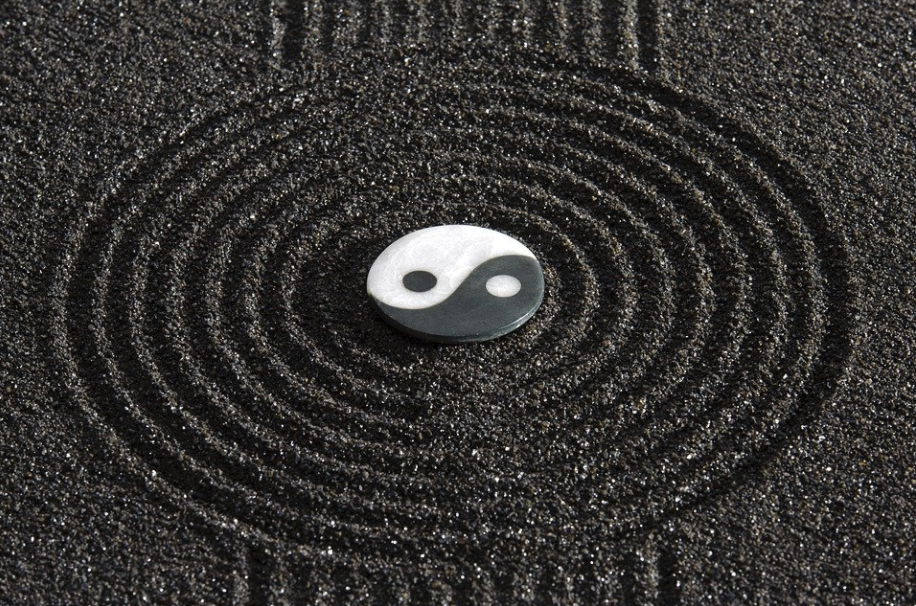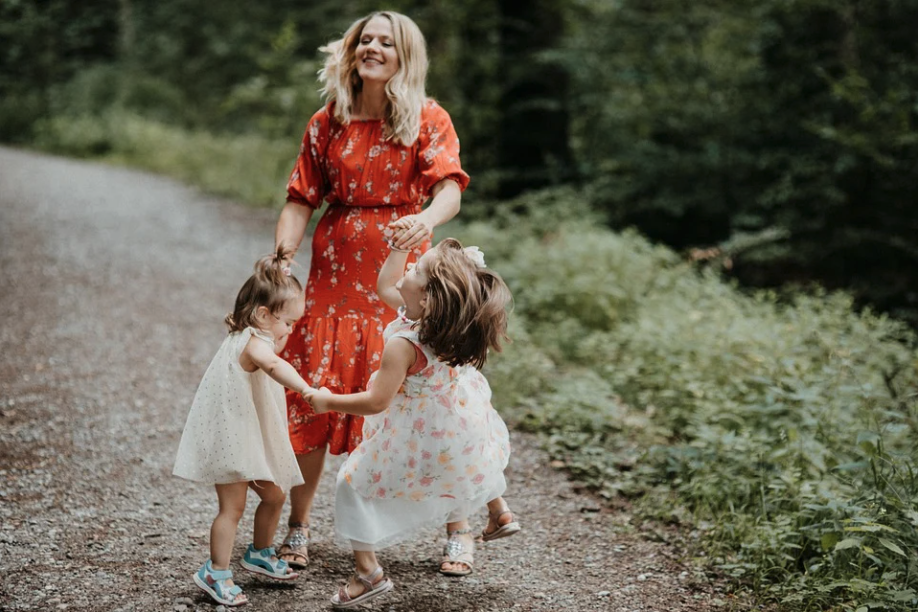
I am just two and a half years into being a parent. So, an expert on the topic I am not. I have, however, studied Asian religions and philosophy for over 20 years now, spending many months living in monasteries in India and China, earning a Ph.D. in Buddhist ethics, and teaching in a number of universities. So, on that topic, the word expert might apply.
That said, today I wish to draw your attention to a religion—or philosophy—that I haven’t studied much: Daoism. Daoism is an ancient way of thinking, tracing back to Lao Tzu who taught the Tao Te Ching in the late 4th century BCE. In fact, Lao Tzu himself is semi-legendary, and what we know of Daoism only came together many centuries later as a result of competing philosophies and the need to codify a coherent set of beliefs and practices.
One of the greatest figures in Daoist history is Zhuangzi (Chuang Tzu), who lived at the same time as Lao Tzu. A particular teaching he gave to us was:
“There should be no selfishness in anyone of us. Everything that has a finite form would reveal itself. It would move like water, remain still like a mirror, and respond like an echo. . . In quietude, it would become clear and vacuous. Similarity brings harmony. Avarice leads to loss.”
Be like water

The phrase “be like water” has shown up a few times in popular western thought. In the 1960s it was morphed into the “go with the flow” cool spirit of the hippies. But at its root it means much more.
At its heart it means to be flexible. But it also means to be alert and receptive to the contours around you. Notice every inch of resistance. Curve around it delicately. Get where you want to go.
The rambunctious toddler
So far in my time as a father, I’ve found that this principle works brilliantly with a child. In particular, this toddler phase is perfect for it.
A toddler is both a wide-eyed learner and an emotional yo-yo. I’ve used these traits to my advantage in moving her through the phases of her day.
An example to illustrate: naptime. Our toddler can be a very timely napper. But sometimes she is not. I’ve noticed that being like water can greatly affect how quickly and easily she goes down.
First, I foreshadow: “Okay, kiddo, we’re going to do x and y, then we’re getting ready for our nap.” This gets us in motion, even if only in our minds. Then I guide. I’ve found that having set views of what needs to happen in what order is always a recipe for disaster. Instead, I suggest what I think we should do next. For example, “time to brush your teeth.”
My daughter always responds with her preference: “let’s dance.” Or, “more milk.” Here is where the resistance arises and where I might be inclined to push. But if I “move like water” and “respond like an echo” things go better.
“Yes, let’s dance!” I might say, dancing with my daughter for a few minutes. Then, at a point of joy or visible tiredness, I nudge again, “let’s brush our teeth, and then we can dance some more.” So I’m not taking anything away from her. If anything, I’m giving her the opportunity to get her teeth brushed so I can quit suggesting it. Win-win.
This doesn’t always work. At times another direction is needed. But each time, I use these side-paths of our daily nap routine as opportunities to move forward. I could narrate countless examples like this. Each time, my suggestion has been countered with her own insistence on doing what she wants. And each time, I go with it, for a short time.
Talk your way around
Sometimes I find it helpful to actively talk out my reasoning with my daughter. Again, perhaps she gives in just to shut me up. Either way, win-win. One example from the other day was when she decided she wanted her toddler-toilet in her room instead of in the bathroom.
I tried saying “no,” but this was met only with further insistence and I could see that a break-down or tantrum would occur if I forcibly blocked her or took it from her.
Instead, I helped. The little toilet is a bit awkward for a toddler to carry, so I picked it up and told my daughter, “okay, we’ll move it in your room for now. But I’m not sure why we want it in there. You see, we need to flush the contents in the big toilet each time, so it makes sense to have it in the bathroom.” She used it—in her bedroom—and announced her need for toilet paper. “Ah, okay. I’ll get some for you, but it’s all the way in the bathroom. Wouldn’t it make more sense to keep your toilet in their?” She was not interested in my reasoning. But when she was all done, I picked it up and told her, “just for now I think we’ll keep it in the bathroom.” And, returning it to the bathroom, I met zero resistance.
Applying this elsewhere in life

I’ve found it easy to have patience with my toddler. After all, she’s just 2 years old. Honestly, I usually have a much harder time with other people, especially people in positions of power. But perhaps I should find more patience for them as well. And perhaps I could see the value of “being like water” in more relationships in my life.
Everyone we meet in life, toddler or not, has an idea of where they would like to be going. If we wish or need to redirect them, direct confrontation is rarely a wise choice. Instead, reflecting their own ideas and values like a mirror or an echo can win over their trust.
Similarity brings harmony. This, I might interpret as meaning that we can see the similarity between ourselves and others, our common wants and goals. Recognizing this, we can mold our wishes of others to benefit both ourselves and others. The alternative, avarice, is wanting to push and pull others as one pleases, to be a king or dictator. As the ancient wisdom says: this only leads to loss.
 Justin Whitaker, Ph.D., holds a doctorate in Buddhist ethics from the University of London. He has given lectures, and taught Buddhist studies and Philosophy at Oxford University, the University of Hong Kong, the University of Montana, and at Antioch University’s intensive study-abroad program in India. A certified meditation teacher, he is a regular contributor to Patheos.com, and Senior Correspondent for Buddhistdoor Global. He lives in Missoula with his family.
Justin Whitaker, Ph.D., holds a doctorate in Buddhist ethics from the University of London. He has given lectures, and taught Buddhist studies and Philosophy at Oxford University, the University of Hong Kong, the University of Montana, and at Antioch University’s intensive study-abroad program in India. A certified meditation teacher, he is a regular contributor to Patheos.com, and Senior Correspondent for Buddhistdoor Global. He lives in Missoula with his family.
